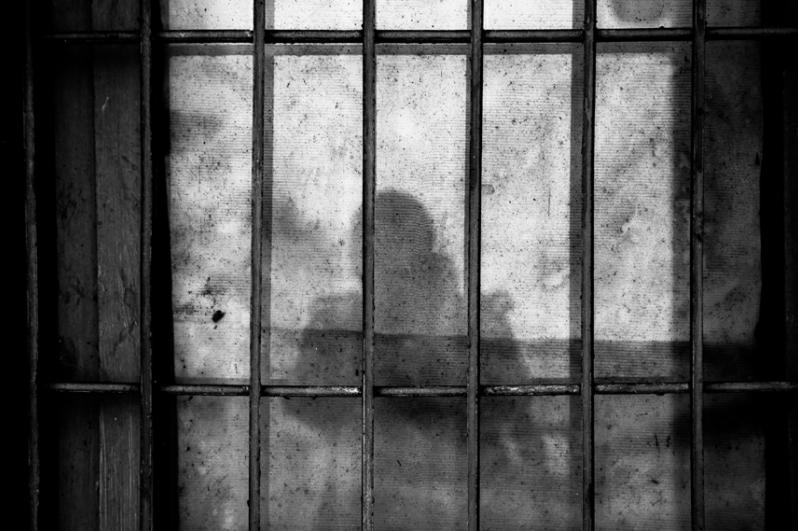Doomed by Scripture?
Q. In the Book of Wisdom (3:17-18 and 4:3) it indicates that children born of a forbidden union will suffer a miserable fate and not amount to anything. They are illegitimate and can never lay a firm foundation with values that are deeply rooted. I was born out of wedlock; my Dad's family called off the wedding because they didn't like the area where my mother had grown up. (She was pregnant with me at the time.)
My life ever since has been full of disappointments and misfortune, and I am now incarcerated. With all of my God-given talents, at the age of 33 I have not accomplished anything. The Scripture says that I am doomed. Am I? (Georgia)
A. The Book of Wisdom (3:17-18) does say of children of adulterers that "should they attain long life, they will be held in no esteem" and "should they die abruptly, they have no hope nor comfort in the day of scrutiny." Whatever those passages may have meant in their Old Testament context, I will leave for others wiser than I to determine.
What I do know is that your reading of these verses conflicts sharply with a host of New Testament passages that reflect the teaching of Jesus. Paul indicates in Ephesians 2:8-9, for example, that our salvation is based on God's grace through faith, not on the particular circumstances of our birth. ("For by grace you have been saved through faith, and this is not from you; it is the gift of God; it is not from works.")
And John 3:16 says that "God so loved the world that he gave his only son, that whoever believes in him might not perish but might have eternal life," which seems to say clearly that no one is excluded from salvation based on how he was conceived.
For you to decide that your present situation, your recent failings and your future fate were predetermined 33 years ago is selling yourself short. Why not talk to a chaplain or a counselor who, I am sure, would remind you of your value and your potential?
Q. When people request Masses, why are they always offered for relatives or friends (living or deceased) but never for broader intentions, e.g., for countries that have suffered natural disasters or for the conversion of radical groups?
I know that we do include such petitions in the prayer of the faithful, but I think that if we offered parish Masses for such purposes it would also serve to instruct Catholics (by seeing such intentions in their Sunday bulletins) that our concern (and our prayers) should have wider horizons. (San Francisco)
A. I have chosen to publish your question not because of any insight I can add, but simply to endorse your suggestion. Every day people come into our parish office to request Masses.
Most often, they are in remembrance of someone recently deceased or for departed family members on the anniversary of their death, and this is a long and valued tradition in the church.
Occasionally a Mass is requested for someone who is living -- to honor a wedding anniversary or, less frequently, a birthday. But never, in my experience, has a parishioner requested a Mass for "the success of the peace process in the Middle East" or for "the protection of human life at all its stages."
As you say, we do pray for such intentions during the intercessions (prayer of the faithful). But to have a Mass offered for a single such intention would not only apply the inestimable value of the Eucharist, it might also prompt parishioners' private prayers.
- Father Kenneth Doyle is a columnist for Catholic News Service



















